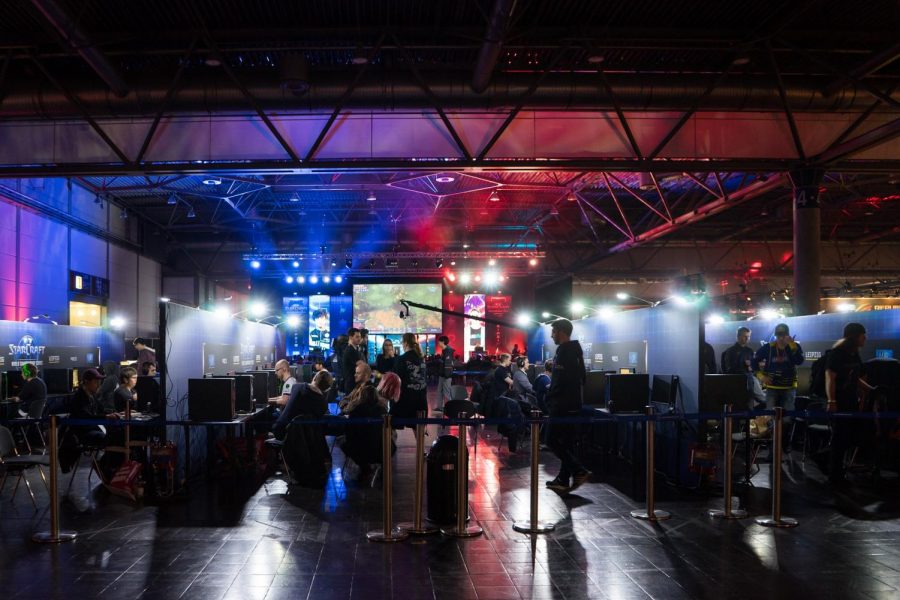“Video games are a sport? Are you going mental?” These are common questions asked by people of older generations on the topic of the growing popularity of e-sports. This reaction is not unusual though it couldn’t be more inaccurate. E-sports are rapidly changing the world of sports, one game at a time.
Electronic sports, commonly referred to as e-sports, saw a rapid growth in the late 2000’s. Originally, e-sports existed on a pretty small scale. People would host tournaments based on their favorite sports with small prize pools in people’s basements. As they grew, the groups of gamers, or “leagues,” expanded to buying out small stadiums. Recently the leagues have up-scaled to hosting in the likes of the Staples Stadium in Los Angeles.
While e-sports have become a gaming titan, they wouldn’t be where they were today if they hadn’t established a titan viewership. Tyler Woolison, a PVHS senior, commented, “I think the explosive growth of e-sports is awesome. It’s fun for gamers to have their own sports that are as big as the NFL or NBA.” This kind of energy and opinion is what e-sports have built up and thrived upon. “League of Legends is the most watched sport in the world,” comments Aaron Doerder, a father of two in his mid-thirties. The wide variety in the fan base is what is often claimed as the most important factor in the popularity of e-sports. They are appealing to everyone.
While the term “everyone” might make people think of age variety, e-sports are popular on a massive global scale. They thrive in Korea, with some of the best players being revered in the same way as America’s favorite actors and actresses. Foreign players who know only the bare minimum of other languages thrive in countries where thousands upon thousands of fans cheer for strangers who are good at what the fans do for fun. Global appeal has boosted e-sports forward in a world where sports are narrowly defined as physical, not electronic.
In 2016, ESPN did something that solidified e-sports as a sport in a way no one truly saw coming; they, along with other sports networks, started covering e-sports in the same way they cover basketball or football. They gave e-sports a truly mainstream platform that encouraged the public to begin to acknowledge that e-sports are just as serious as conventional sports.
As e-sports continue to globalize and gain popularity, they will gradually become more accepted as a valid sport.









